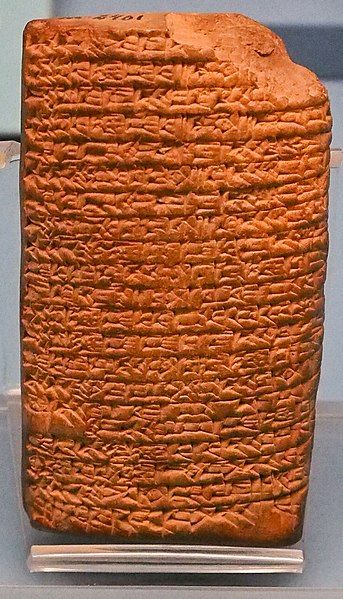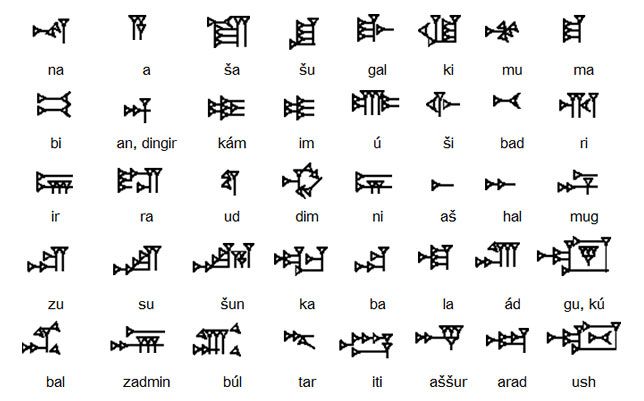Was poetry born in Iraq?
“Poetry is born in Iraq, so be an Iraqi to become a poet, my friend” - Mahmoud Darwish (Palestinian poet)
In English we are familiar with the word 'poetry' which descends from the Greek word 'poiein'- meaning 'to make'. In Arabic we use a word with an even deeper and more extrinsic meaning. The Arabic word 'Shi'ir' means 'to feel' or 'to express feeling' and comes from the Akkadian word 'Shiru': the language used between 2000 and 3000 BC in Iraq. This language was spoken by the Sumerians in ancient Mesopotamia. Akkadian - just like Arabic and Assyrian - belongs to the Semitic language family. What makes the word Shiru special, is its double meaning of both 'cry / regret' and 'sing'.

Based on clay tablets from Ur (South Iraq) we can trace that Sumerians sang texts (shiru) in which, in response to a recent event, glee or suffering was expressed. These clay tablets record the oldest language in the world, and thus the Arabic word shi'ir is rooted in one of the oldest words ever recorded in the history of mankind. Despite the many changes humanity experienced over the centuries, the word has still retained its shape and meaning. In the Arab world, for example, poetry has offered writers the space to express their glee or suffering in response to social events.

